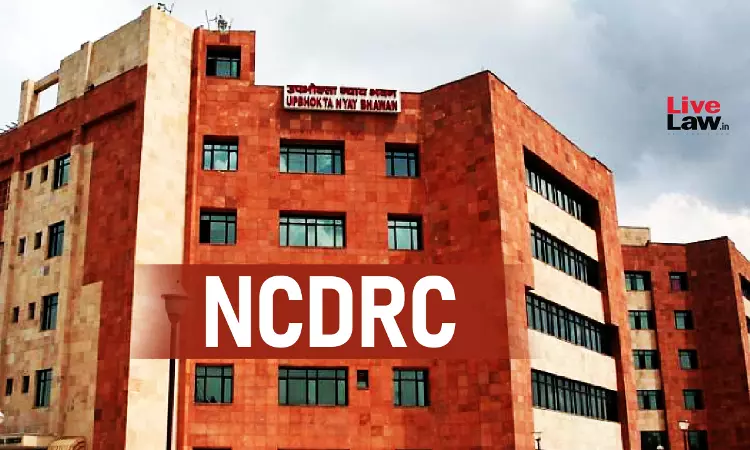Purchases For Earning Livelihood Qualify As Commercial Purposes If Operated Solely By Others: NCDRC
Ayushi Rani
14 Dec 2024 7:00 PM IST

Next Story
14 Dec 2024 7:00 PM IST
The National Consumer Disputes Redressal Commission, presided by AVM J. Rajendra held that purchases for earning a livelihood through self-employment qualify as commercial purpose if operated solely by others. Brief Facts of the Case The complainant purchased two digital mini-lab machines with scanner/image processor/laser units designed for various printing functions....
